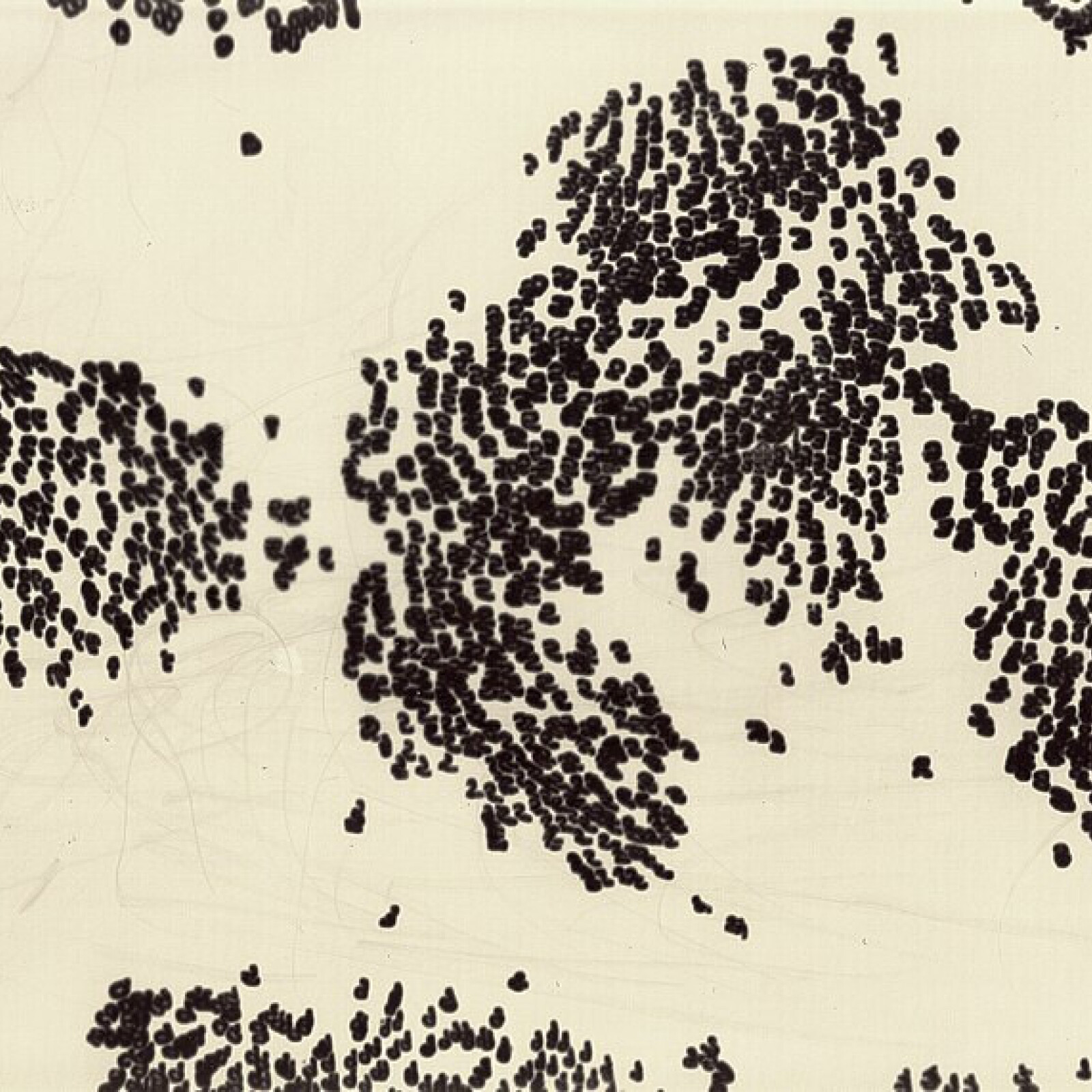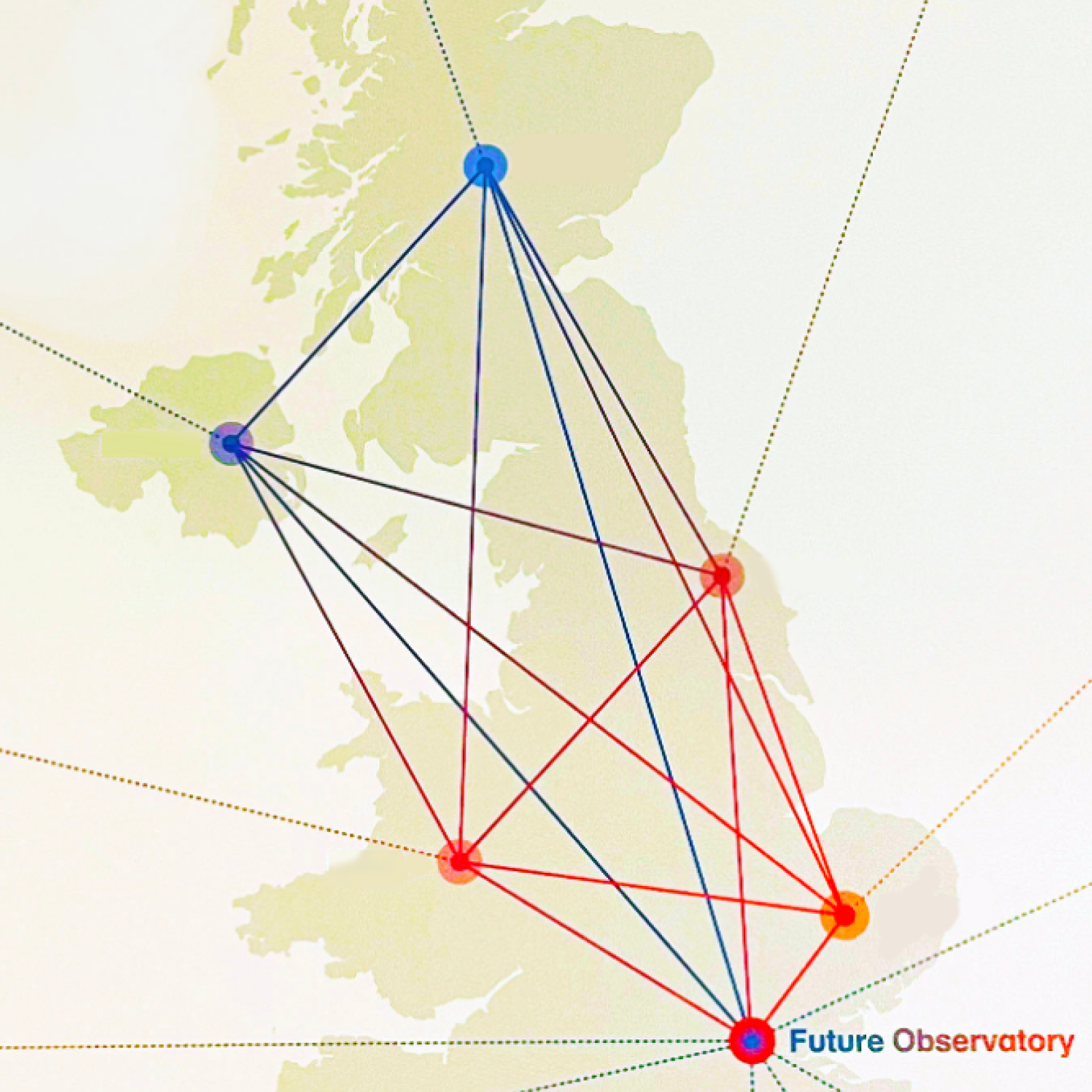Following a call for proposals, four innovative Green Transition Ecosystems are funded across the country to tackle the climate crisis and address the challenges posed by the green transition. The design-led, large-scale Research & Innovation (R&I) collaborations are part of the Future Observatory: Design the Green Transition Programme.
Future Observatory, in partnership with the Arts & Humanities Research Council (AHRC), is pleased to announce four successful partnerships that will receive a total of £18.5 million in grant funding. In addition, they will amplify the impact of their research through Future Observatory at the Design Museum.
The multidisciplinary nature of the collaborations will allow the Ecosystems to bring together a range of researchers, industry partners, organisations, and sectors to address regional environmental issues, which in turn will accelerate and secure a greener future economy. Each collaboration will start in October 2023 and last for 24 months.
The four Ecosystems are:
Design HOPES
Improving health systems through net-zero
Led by: Prof Paul Rogers, University of Strathclyde + Prof Mel Woods, University of Dundee
This Ecosystem will research how to improve sustainability in healthcare. Planned projects include designing and developing products such as outdoor furniture created from recycled single-use personal protective equipment plastic waste. The project will also develop environmentally-friendly, reusable operating theatre clothing, such as caps and gowns, that cut down on waste.
Design HOPES, (Healthy Organisations in a Place-based Ecosystem, Scotland) will partner with several NHS boards across Scotland, the Scottish Government and V&A Dundee. It will include diverse patient and public representation in its aim to become an internationally recognised centre of excellence for the UK.
Transforming Housing and Homes for Future Generations
Building next-generation resilient homes
Led by: Prof Peter Walker, University of Bath + Prof Joanne Patterson, Cardiff University
This Ecosystem from the GW4 Alliance of Bath, Bristol, Cardiff and Exeter universities will design, test, implement and monitor innovative prototype bio-based technology to improve the energy efficiency and resilience of existing housing stock.
The housing sector is responsible for around 20% of the country’s total carbon emissions and 80% of the homes that will be occupied in 2050 are already built. That means retrofitting the country’s existing housing stock to improve energy efficiency, and reduce carbon emissions, is critical to achieving the UK’s net zero targets.
Future Island-Island
Circular waste management modelling
Led by: Prof Justin Magee, University of Ulster
This Ecosystem led by Ulster University in partnership with Queen’s University Belfast, The Glasgow School of Art and University of the Arts London will improve public awareness and engagement with an intuitive, eco-friendly waste management culture.
The project will explore waste management solutions with the community of Rathlin Island before upscaling these across Northern Ireland, other parts of Ireland and beyond. In partnership with local industry, this research considers the diverse challenges of managing plastics waste, beach littering, waste electronics and using organic waste as commodities to manufacture new sustainable materials.
Public Map Platform: Charting the green transition on the Isle of Anglesey
Piloting a multi-layered community infrastructure
Led by: Prof Flora Samuel, Cambridge University
This Ecosystem led by Cambridge University in partnership with Cardiff and Wrexham universities will create a Public Map Platform for future generations to chart the green transition on Anglesey.
This will enable local authorities to capture the social, environmental and cultural value in a way that feeds into their systems and processes when monitoring the green transition. It will enable them to do this easily by spatialising data so that it can be used as a basis for targeted hyperlocal action for a green transition.
Lord Callanan, Minister for Energy Efficiency and Green Finance, said:
“The UK is a world leader on net zero, cutting emissions faster than any other G7 country.
These projects will further support our ambitious action on climate change – from designing sustainable products for the NHS to helping keep homes warm and bringing down energy bills.
And by working closely with communities, the projects will also make sure that local views and experiences are front and centre in our transition to a cleaner, more secure energy system.”
Professor Christopher Smith, AHRC Executive Chair, said:
“Design is a critical bridge between research and innovation. Placing the individual act of production or consumption within the context of a wider system of social and economic behaviour is critical to productivity, development and sustainability.
That’s why design is the essential tool for us to confront and chart a path through our current global and local predicaments, and that’s why AHRC has placed design at the heart of its strategy for collaboration within UKRI.
From health systems to energy efficiency to sustainability, these four Green Transition Ecosystem projects the UK are at the cutting edge of design, offering models for problem solving, and will touch on lives right across the UK.”
Justin McGuirk, Director of Future Observatory at the Design Museum, said:
“We are delighted to be supporting and collaborating with these four centres of research excellence, on themes ranging from housing and waste to sustainability across the NHS.
Over the next two years, these projects will demonstrate how design research can yield positive real-world impact.”



